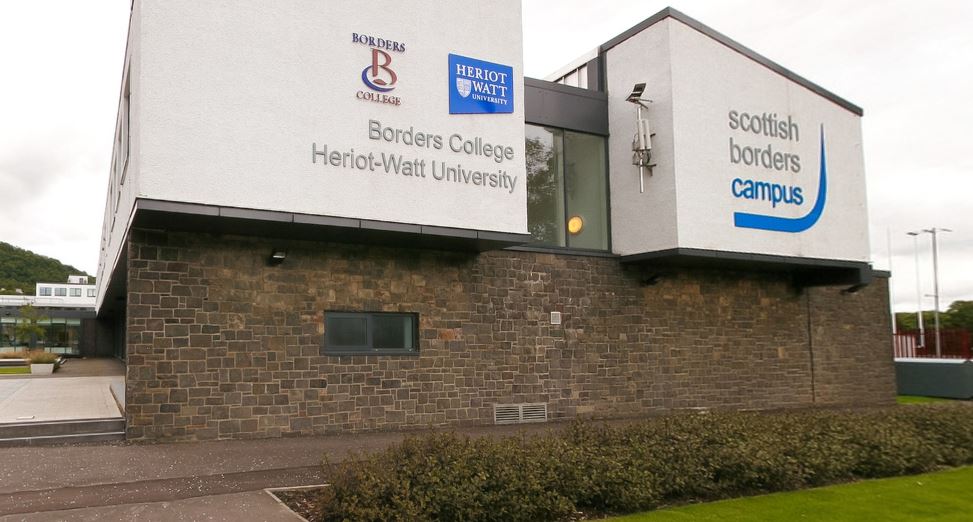-
hello@abroadcube.com
Mail us
-
Call For Help:
98779 83783
-
Whatsapp Us
70090 34921
Coaching psychology is a thriving area of applied psychology which deals with professional and personal issues in a practical way.
There is a growing demand for experts in evidence-based coaching who can offer effective non-clinical interventions to help individuals and teams by increasing productivity, managing talent and dealing with conflict, stress and change. This demand exists across a number of sectors and areas of performance, including:
Heriot-Watt University's masters degree in business psychology is the most established MSc of its kind in Europe, enjoying a well-earned reputation for producing graduates who can improve the performance and behaviour of individuals and teams. This programme, MSc Business Psychology with Coaching, balances practical and theoretical learning to ensure that graduates can make positive and effective contributions that help people and organisations flourish. Students will learn to apply positive psychology through tried and tested coaching practices and combine this with an understanding of established theory from business psychology.
Students' learning will be guided by experienced researchers and practitioners from the fields of psychology, counselling and coaching. Their expertise and experience will help students develop key skills for a career in coaching in the workplace or as a step to becoming an accredited coach for other contexts such as education, counselling, or sports.
These skills can also be applied in the workplace through various wider roles such as management, consultancy and HR, as well as through specific coaching roles such as executive coach, talent management, career coaching and mentoring.
MSc Business Psychology with Coaching is accredited by the International Coach Federation (ICF) as continuing coach education (CCE). Therefore, a number of hours from the MSc courses can be used to apply for the personal credentialing process should the student wish to pursue accredited coach status with the ICF. A certificate is issued on completion of these hours.
| Level | Masters |
| Discipline | Business & Management |
| Duration | 12 months |
| Intakes | Sep |
| Application Fees | GBP 0 |
| Tuition Fees | GBP 18520 |
| Campus | Edinburgh |
| Language proficiency (minimum) | |
| IELTS | 6.5 |
|---|---|
| TOEFL | 85 |
| PTE | 68 |
| Duolingo | Not Required / Waiver |
| Exam proficiency (minimum) | |
| SAT | Not Required / Waiver |
|---|---|
| ACT | Not Required / Waiver |
| GRE | Not Required / Waiver |
| GMAT | Not Required / Waiver |
Minimum GPA - 70.0%
QS Quacquarelli Symonds is the world’s leading provider of services, analytics, and insight to the global higher education sector, whose mission is to enable motivated people anywhere in the world to fulfil their potential through educational achievement, international mobility, and career development.
THE (Times Higher Education) has been providing trusted performance data on universities for students and their families, academics, university leaders, governments and industry, since 2004. We create university rankings to assess university performance on the global stage and to provide a resource for readers to understand the different missions and successes of higher education institutions.
The Academic Ranking of World Universities (ARWU) was first published in June 2003 by the Center for World-Class Universities (CWCU), Graduate School of Education (formerly the Institute of Higher Education) of Shanghai Jiao Tong University, China, and updated on an annual basis
The "Webometrics Ranking of World Universities" is an initiative of the Cybermetrics Lab, a research group belonging to the Consejo Superior de Investigaciones Científicas (CSIC), the largest public research body in Spain. CSIC is among the first basic research organizations in Europe. The CSIC consisted in 2006 of 126 centers and institutes distributed throughout Spain.



